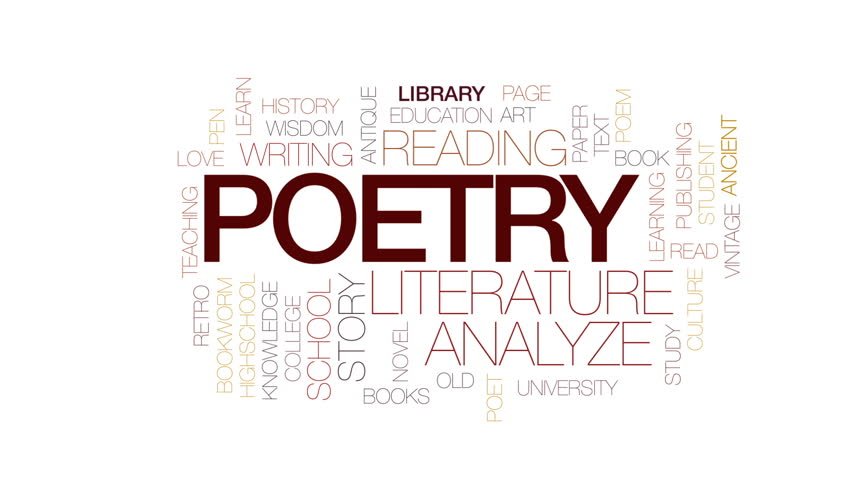Back to: ENGLISH LANGUAGE JSS3
Welcome to Class !!
We are eager to have you join us !!
In today’s English Language class, We will be reviewing some important Literary Terms. We hope you enjoy the class!

Literature: Review of Literary Terms (major/minor characters, theme, plot, tragic and comic elements, etc.)
Characterization: This refers to the way the author presents his characters in terms of qualities peculiar to them. This may be through narration, description, dialogues, speeches etc. We could have major and minor characters in a play.
Major character: A character that features prominently or throughout a play or prose e.g. Joseph in “Village Boy” Agbalowomeri and Justice Faderin are also major characters in “The Incorruptible Judge”
Minor character: A character that features once a while or less prominently in a work of friction.
Theme: This refers to the central or main idea that is discussed in a work of friction. It is the major message in the work. The themes of hard work, courage and humility are discussed in the “Village Boy”; the theme of corruption in “The Incorruptible judge”
Plot: This is the organization of events in a literary work. The organization is done following the principle of cause and effect. A plot could either be linear or complex.
Setting: This refers to the totality of the environment of a story. It refers to the period, place, situation, atmosphere, etc., of a story.
Comic Relief: This is a comic element inserted in a tragic work to relieve tension.
Flashback: This is a scene in a play, film or novel that shows an event which had happened earlier.
Evaluation: In your own words, discuss the following:
- Major character
- Theme
- Plot
- Comic relief
- Flashback
Reading Assignment: Read “Element of Literature” on page 156-157 of Exam Focus.
Reference: Exam focus: English for JSCE

Review of Literary Terms for Poetry
Literary terms for poetry include:
- Simile: This is the description of a thing by comparing it to another thing that is similar to it using “Like’ and “As” E.g.;
She is as beautiful as a peacock.
You are like a tortoise.
He is as proud as a peacock.
The righteous is as bold as a lion
2) Metaphor: Here, one thing is equated to another that shares the same quality with it, e.g.
- She is a fox.
- Jude is a lion.
- You have caught a big fish today.
3) Personification: This is realized when human quality (ies) is/are given to inanimate objects; e.g.
My car is coughing.
The sun is smiling at me.
The trees are clapping.
4) Hyperbole: This is another word for overstatement or exaggeration, e.g.
Tola finished that mountain of pounded yam!
There is no water everywhere.
5) Euphemism: This refers to the presentation of an unpleasant thing in a pleasant way.
The king has joined his ancestors.
I want to visit the ladies.
6) Alliteration: Repetition of the same consonant sounds in a sequence, e.g.
Felix fried fish for father Fred
Orunmila makes my medicine potent.
7) Assonance: Occurrence of the same vowel sound in words that follow one another, e.g.
The boy wet the bed.
Make hay while you may.
8) Metonymy: The use of one thing to stand for another thing with which it has a direct relationship, e.g.
“Crown” is used for a king
“All hands’’ must be on deck.
“hands’’ represents human beings.
Many lives were lost during the crisis.
9) Oxymoron: Using two words of opposite meanings
Parting is a sweet sorrow
You are as a wise fool
Death is a cruel kindness
10) Synecdoche: The use of a part of a thing to represent the whole, e.g.
“Pen” is used for a journalist
“Sword is used for a soldier”
Evaluation:
With one example for each, discuss the following terms in your own words:
Oxymoron, alliteration, simile, metaphor, personification and metonymy
Reading Assignment: Read page 157-158 of Exam Focus: English for JSCE
Reference: Exam Focus: English for JSCE
We have come to the end of this class. We do hope you enjoyed the class?
Should you have any further question, feel free to ask in the comment section below and trust us to respond as soon as possible.
We have come to the end of this term and hence JSS3. It’s been a remarkable journey and we are glad that you have made it this far. For making it this far, we commend you for being resilient, you have taken charge of your education and future.
We wish you success in your Junior WAEC exams and we hope to see you in SS1.
